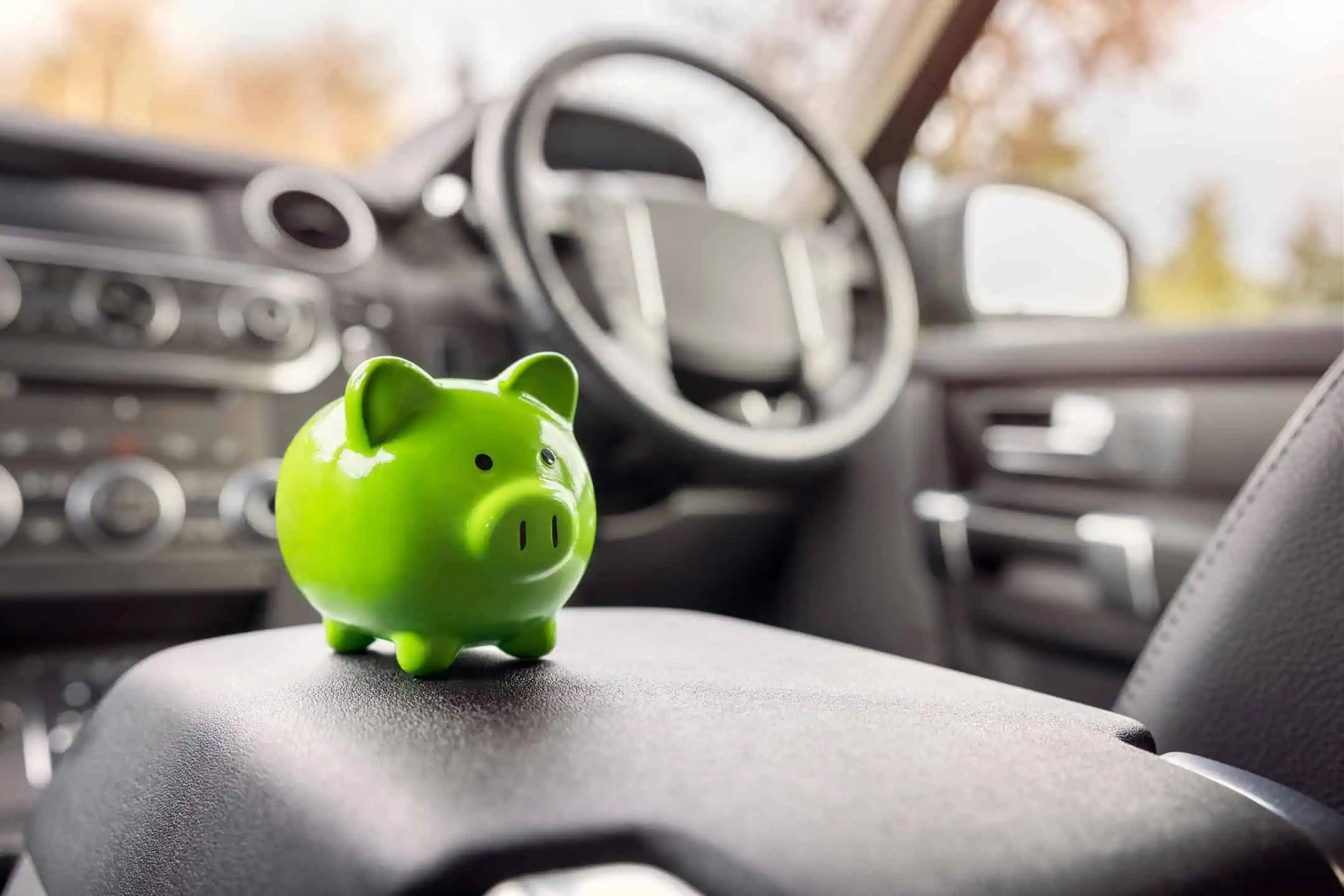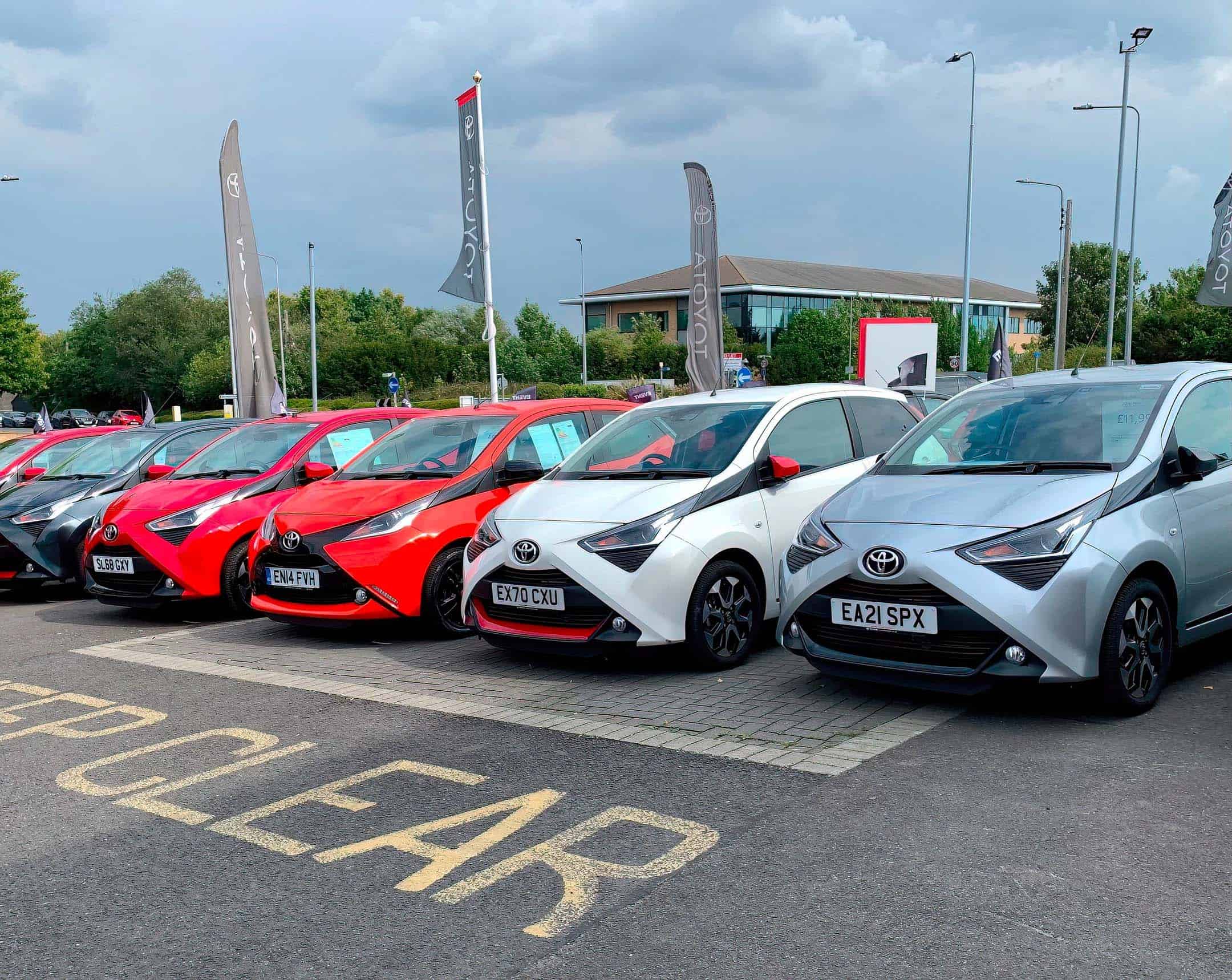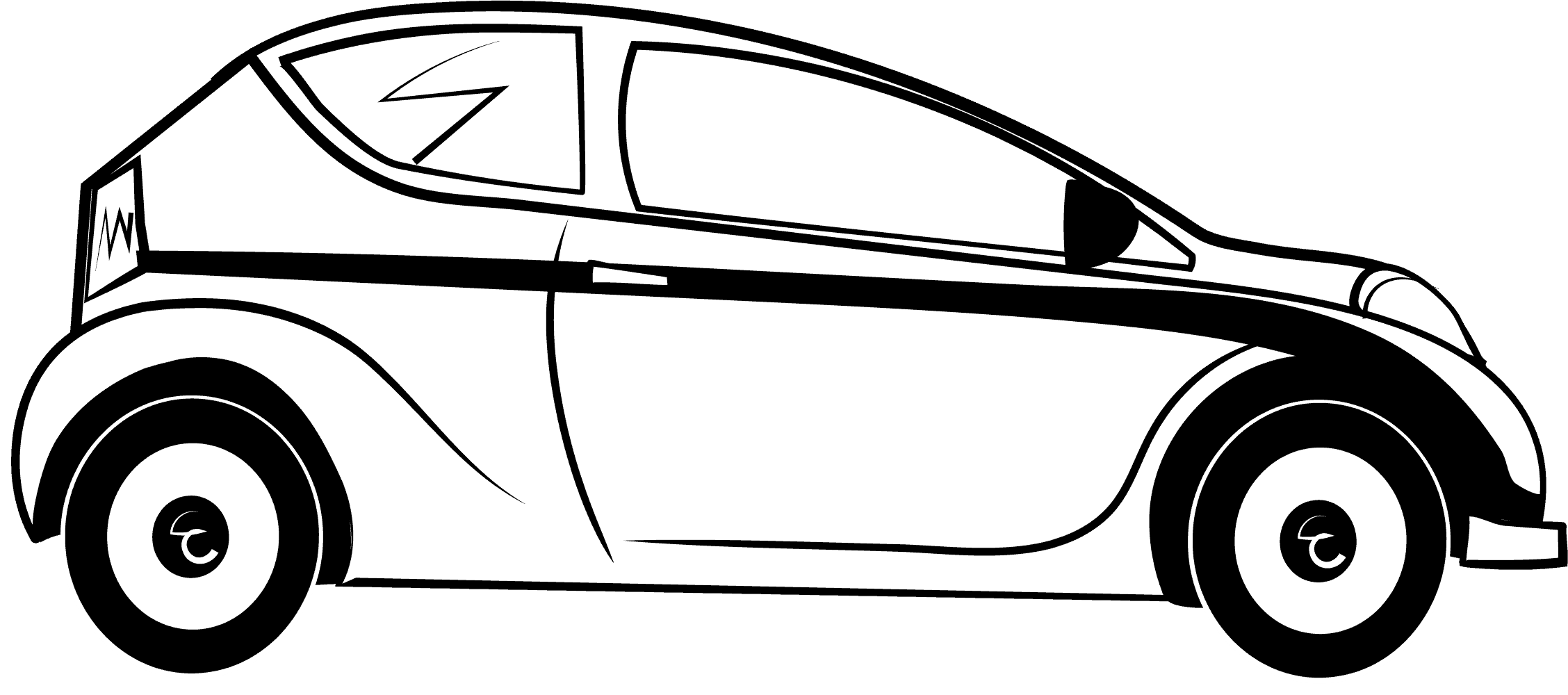Refused Car Finance? You might still Get Approved by Another Lender

Expert Verified
By: Geoff Tooze - CEO & FCA-Approved
How refused car finance works

Get a quote
Fill out a quick application to check if you’re eligible, with zero impact on your credit score.

Meet your account manager
A dedicated Account Manager will be in touch to guide you by call, text, or WhatsApp.

Choose a car
Browse 100,000+ used cars or buy from any trusted UK dealer, it’s up to you.

Hit the road!
Tell your Account Manager what you’re after, and if approved, you could be driving in just a few days.
*Rates start from 8.9% APR - Representative example 23.9% APR
Young Car Driver partners with CarFinance 247 Limited, a credit broker (not a lender), to help find the best car finance deal for your circumstances from their wide panel of lenders. The exact APR rate you will be offered will be based on your circumstances and subject to status.
Rates start from 8.9% APR – Representative example Hire-Purchase (HP) APR of 23.9% on Hire Purchase car finance loan borrowing £6,500 over 5 years with a Representative APR of 23.9% fixed and deposit of £0.00. The amount payable is £178.13 per month, with a total cost of credit of £4187.94 and a total amount payable of £10,687.94


Can I get car finance if I’ve been refused elsewhere?
Yes, just because your car finance application has been refused elsewhere that doesn’t mean you need to give up on finding a loan. Every lender has different eligibility criteria that they consider when assessing your loan application, which means you might be rejected by one but quickly approved by another.
Young Car Driver partners with an online finance broker who works with a wide panel of lenders, meaning we can look to find you the best deal for your circumstances, even if you’ve found it difficult to secure a loan in the past.
We also have access to lenders that specialise in helping people with bad credit, those who have missed payments in the past, and applicants who are self-employed or receiving benefits.
Apply for a no obligation quote online and you’ll receive a decision in minutes. No anxious wait, no awkward conversations, and no impact on your credit score (we’ll only carry out a soft credit search at this stage).
Why has my car finance application been refused?
There are many reasons why you might have been refused UK car finance. While some lenders may not disclose their decision-making process, there’s no harm in asking. They might be able to tell you if it was due to your credit score, the vehicle you want to buy, or your affordability, for example.
It’s important to remember that there’s no such thing as guaranteed car finance, regardless of your circumstances.
Here are just a few of the reasons why a car finance application might be refused:
- You’ve made a mistake on your application form
- You’ve missed payments in the past and have a poor credit score
- Your monthly payments would wipe out almost all your disposable income
- You’re self-employed and have an unreliable income
- You’re under 18 years old
- You’re over 70 years old
- You don’t have three years’ address history in the UK
- You’ve chosen a classic or vintage car


What should I do if I’ve been refused car finance?
If you’ve been rejected for car finance, the first task on your to-do list should be to try and find out why. You might already know that you have a bad credit score, or you made a mistake on your application form, but the lender or car finance broker may be able to shed more light on the exact reason for their decision.
Next, consider taking a break before making another finance application. Of course, sometimes that isn’t possible, especially if you need a new car straightaway to get to work or take the kids to school. However, depending on where you apply for finance, a hard credit search could be carried out. Hard searches will stay on your credit report for up to a year and too many in a short time could make it more difficult for you to find a loan in the future.
Choosing a different vehicle could also increase your chances of being accepted for a finance deal next time. If issues have been flagged with your affordability, finding a cheaper used car, or saving a larger deposit so you don’t have to borrow as much money, could improve your car finance eligibility.
Some lenders also have restrictions on the age and mileage of any vehicle you’re looking to finance. These differ depending on the lender, but a good rule of thumb is to pick a car that’s less than 10 years old and has under 100,000 miles on the clock.
If your credit score is holding you back, there are steps you can take to improve your score over time.
I have excellent credit, why have I been refused car finance?
While most lenders will look at your credit score when assessing a finance application, it’s not the only factor they consider. No credit score can guarantee a finance approval. If you have an excellent credit score, there may be other reasons that your car finance application has been refused, such as having restricted affordability, choosing a car outside of the lenders’ criteria, or having an unreliable income.
If you can, try to find out why your application has been refused and take steps to address this or seek out another lender that has different eligibility criteria.
Working with a credit broker like Autedia can help as we have access to a panel of lenders and can look to find car finance for people with a wide range of circumstances.

How can I improve my credit score?
While credit scores aren’t an exact science, and different credit reference agencies use different information to calculate your score, there are steps you can take to improve your credit score over time:
- Keep up with your repayments
- Check for mistakes
- Keep your credit utilisation low
- Register on the electoral roll
- Check your financial relationships

Keep up with your repayments
Unfortunately, missing just one payment can negatively impact your score. If you find it easy to forget to pay, consider setting up direct debits to come out automatically and schedule them the day after payday so you can make sure the money is always available.

Check for mistakes
You can check your credit report for FREE and it’s a great habit to adopt. Look out for any mistakes such as misspelt addresses, credit searches you don’t recognise, or incorrectly reported payment histories. You can challenge any inaccuracies with the relevant credit reference agency and get them fixed.

Keep your credit utilisation low
While maxing out your credit card is sometimes unavoidable, it might not be helping your credit score. Only using a small percentage of your total available credit can indicate to lenders that you’re a responsible borrower. This is also why closing credit cards you don’t use – and reducing the amount of credit available to you – won’t necessarily improve your score.

Register on the electoral roll
Each time you move house, be sure to register to appear on the electoral roll as this can improve your credit score. You can do this online for free in a couple of minutes.

Check your financial relationships
Being married or living with someone doesn’t automatically link your finances, but joint accounts or loans will. If you have a joint mortgage or credit card, for example, the other person’s credit score and financial behaviour can also impact your score. Make sure that you’re aware of the other person’s financial situation before agreeing to enter a joint agreement or signing up to act as a guarantor.

What is affordability?
Affordability is one of the factors lenders consider when assessing a finance application. They will look at your monthly income and essential spending to find out how much disposable income you have left over. The more disposable income you have, the more likely it is that you’ll be able to afford a car loan.
Affordability assessments are part of being a responsible lender. Car finance can be a big financial commitment, after all, and one that could last up to seven years!
When looking at your ability to afford a car, consider the running costs, fuel, tax, and potential repair charges as well as the monthly payment itself. Knowing your budget and how much you can afford to pay out each month could help you when it comes to affordability checks.

